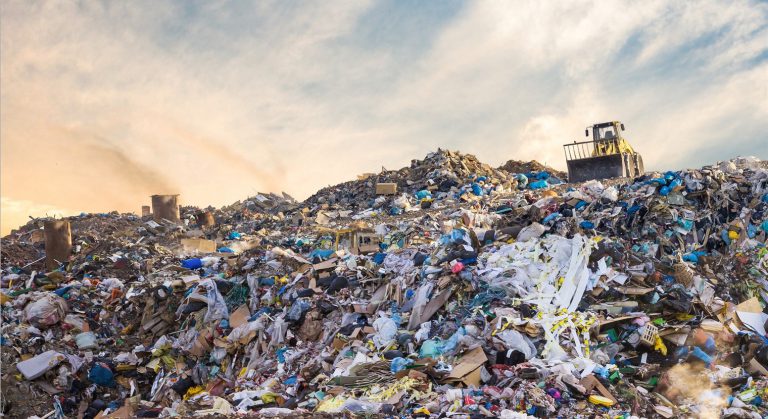“Beat Plastic Pollution”, the theme for World Environment Day 2018, is a call to action for all of us to come together to combat one of the great environmental challenges of our time. The theme of World Environment Day 2018 invites us all to consider how we can make changes in our everyday lives to reduce the heavy burden of plastic pollution on our natural places, our wildlife – and our own health.
While plastic has many valuable uses, we have become addicted and over reliant on single-use or disposable plastic – with severe environmental consequences. Around the world, around 1 million plastic drinking bottles are purchased every minute. Every year we use up to 5 trillion disposable plastic bags. In total, 50 per cent of the plastic we use is single use. Nearly one third of the plastic packaging we use escapes collection systems, which means that it ends up clogging our city streets and polluting our natural environment. Our planet is drowning in plastic pollution. For the good of the planet, it’s time to rethink how we use plastic.
It is evident from the data that the most part (about 22%) of plastic usage is from consumer, household goods, furniture, sports, health and safety as compared to other sectors. China alone produces around 28% of the global plastic consumption which is the highest in the world. About 95% of disposable plastic are wasted and dumped into our environment. The chemical structure that make plastic more useful and durable also make them resistant to degradation. Plastics do not undergo an easy degradation rather breakdown into tiny particles and mistaken for food by farm animals and fish and thus, find their way onto our dinner plates. Plastics are also responsible for clogging sewers and provide breeding grounds for mosquitoes and pests causing the transmission of vector-borne diseases like malaria. Moreover, underground deposition of plastics reduce the porosity and percolation of water reducing the groundwater recharge thus making less availability of groundwater to harness from water table. The underground soil layers become less stable and become prone to various natural disasters like Earthquake, landslides, erosion, etc. A recent research has proved the presence of micro plastic in the edibles and drinkables and thus is of serious health concern over plastic usage. Consumption of micro plastic may cause serious health issues and even cancer.
The fact that plastic degradation is a very slow process and may take hundreds of years to degrade, they can survive in the environment up to 500 years. Harmful and toxic gases are released during photo degradation of plastic which directly affect our health and is also believed to increase the greenhouse effect leading to temperature rise and affecting the climatic condition. The global volume of plastic waste continues to grow and some of the biggest producers do not manage their waste effectively. If current trends continue, oceans could contain more plastic than fish by 2050. The world is waking up to the problem and the governments have started to act. Dozens of national and local governments around the world have adopted policies to reduce the use of disposable plastic, and the number continues to grow. African stands out as the continent where the countries have adopted total ban on the production and use of plastic bags. However, the countries like Nepal seeking rapid economic growth to reduce the poverty rates and improving the quality of life are also growing in terms of usage of plastic goods with very little or no plastic waste recycle and management.

We have seen a lot of positive action, but the truth is that we all need to do more. As it is said that the charity begins at home, in the same way step against the plastic pollution should be initiated from home and not waiting for and blaming anybody else to initiate. There are so many things that we can do to limit the plastic usage and stop single-use of plastic.
Here are some of the ideas that could help “Beat Plastic Pollution”. • Stop using single-use plastic right away. • Carry our own shopping bags to the market/supermarket. • Pressure food suppliers to use non-plastic packaging. • Ask restaurants not to use plastic straws and disposable glasses. • Carry our own refillable water bottle or a metal water bottle. • Refuse plastic cutlery. • Replace the plastic cups with reusable or bring own mugs in a workplace. • Pick up any plastic that we see when we are out walking. • Tell our local officials that we support a ban on single-use plastic bags. • 3R’s Management principle – Reuse, Refuse and Recycle So, let us take concrete step to Beat Plastic Pollution in our own lives and dare to give up at least one plastic usage – “One small step for man, one giant leap for mankind”. Together we can make the difference and certainly we will make our Earth beautiful again. ‘If you can’t Reuse it, Refuse it.’